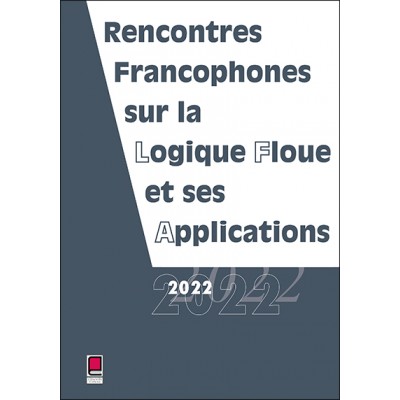Forêts aléatoires prudentes : une nouvelle stratégie de décision et quelques expériences
Random forests are an accurate classification strategy which estimates the posterior probabilities of the classes by averaging the outputs provided by the trees. When data are scarce, this estimation becomes difficult. The Imprecise Dirichlet Model can be used to make the estimation robust, providing intervals of probabilities as outputs. Here, we propose a new aggregation strategy based on the theory of belief functions. We also propose to assign weights to the trees according to the amount of uncertainty when classifying a new instance. Our approach is compared experimentally to the baseline approach (average of intervals) on several datasets.

